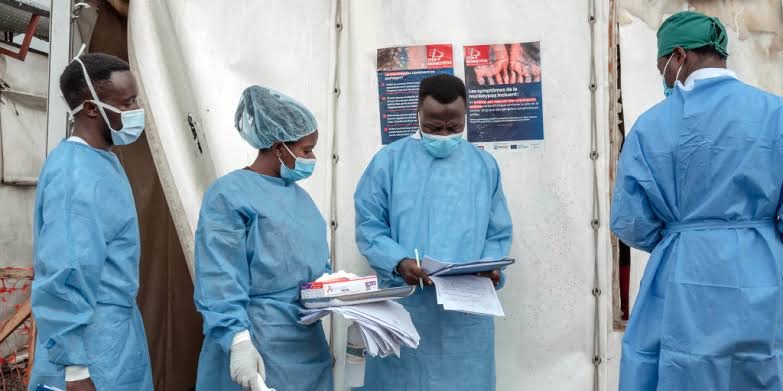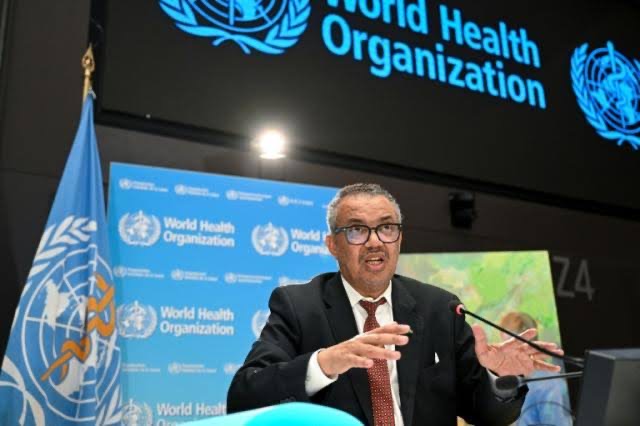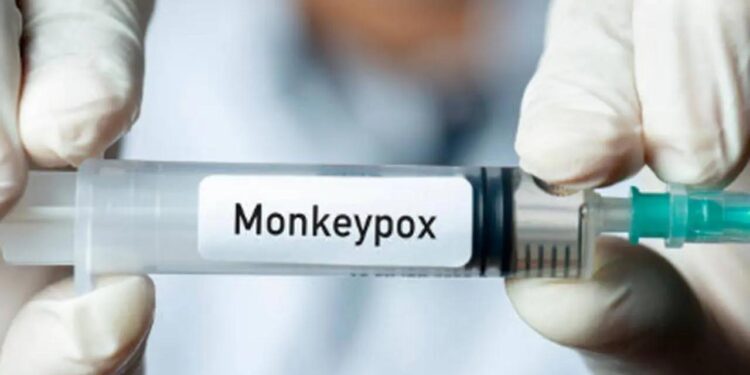The World Health Organization (WHO) on Monday released a global strategic preparedness and response plan (SPRP) to combat human-to-human transmission of Mpox. WHO announced this in a statement.
The plan will run from September 2024 to February 2025 and requires $135 million in funding.
It also includes coordinating global, regional, and national efforts to improve surveillance and response strategies, ensure equitable access to diagnostics and vaccines, reduce animal-to-human transmission, and strengthen communities responding to outbreaks.

WHO said the revelation follows WHO Director-General Tedros Ghebreyesus declaring the disease a global public health emergency on August 14. Therefore, a call for donations will be launched soon for the funds needed for WHO to implement this plan.
WHO said the plan is based on Ghebreyesus’ interim and permanent recommendations and focuses on implementing comprehensive surveillance, prevention, and preparedness.
WHO said strategic vaccination efforts will focus on those most at risk, such as close contacts of people with recent illnesses and health workers, to break the chain of transmission.
“At the global level, the emphasis is on strategic leadership, timely evidence-based guidance, and access to medical countermeasures for the most at-risk groups in affected countries. WHO is working with a broad range of international, regional, national, and local partners and networks to enhance coordination across key areas of preparedness, readiness, and response.

“This includes engagement with the ACT-Accelerator Principals group; the Standing Committee on Health Emergency Prevention, Preparedness and Response; the R and D Blueprint for Epidemics; and the interim Medical Counter Measures Network (i-MCM Net),” it said.
According to the report, WHO’s Research and Development Blueprint, in collaboration with Africa CDC, the Coalition for Epidemic Preparedness Innovations (CEPI), and the National Institute of Allergy and Infectious Diseases, will host a virtual scientific meeting on August 29 and 30 to discuss Mpox research aligned with the goal of outbreak control.
Mr Ghebreyesus said the MPOX outbreak in the DRC and neighboring countries could be controlled and stopped.
He said this requires a comprehensive and coordinated action plan among international organizations, national and local partners, civil society, researchers and manufacturers, and member states.
“This SPRP provides that plan, based on the principles of equity, global solidarity, community empowerment, human rights, and coordination across sectors,” the WHO Director-General said.
He said WHO headquarters and regional offices have established incident management support teams to lead preparedness, preparedness, and response activities and are significantly increasing personnel in affected countries.
He said that in Africa, where the need is greatest, the WHO Africa Regional Office (AFRO) will jointly lead the coordination of Mpox response efforts in collaboration with Africa CDC.
“WHO AFRO and Africa CDC have agreed on a one-plan, one-budget approach as part of the Africa Continental Mpox Strategic Preparedness and Response Plan, currently under preparation. At the national and sub-national level, health authorities will adapt strategies in response to current epidemiological trends,” he said.


































